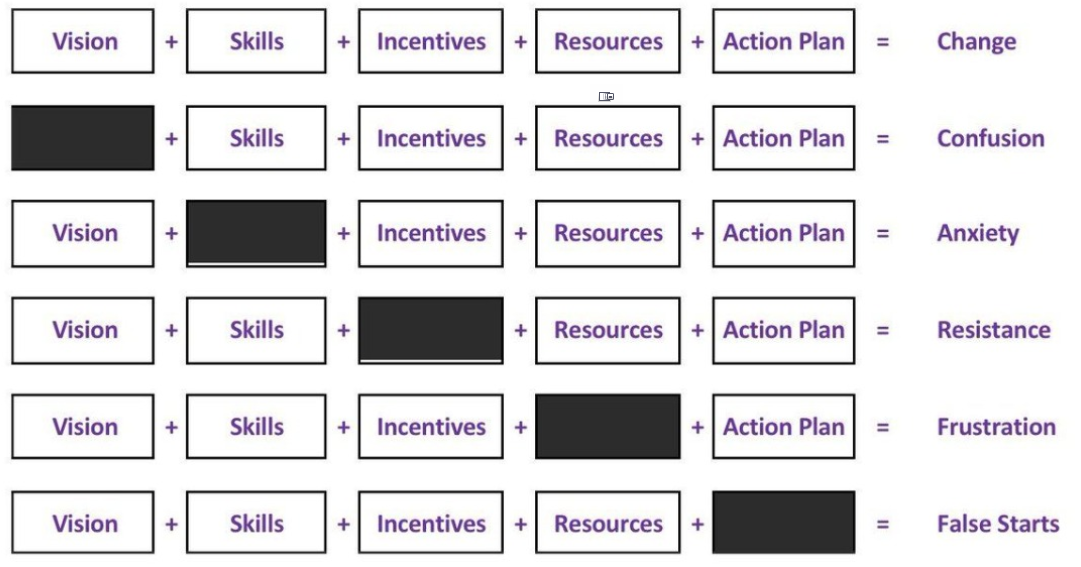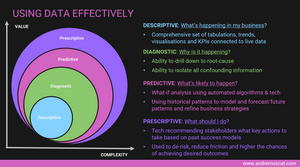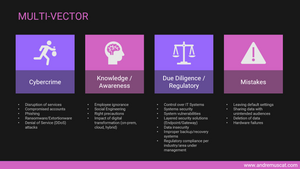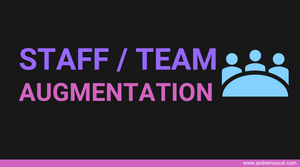In the intricate web of organizational challenges, while technical debt has long been acknowledged for its potential to slow down innovation and efficiency, its lesser-known counterparts—process debt and management debt—wield a similarly disruptive influence, albeit more subtly.
Process Debt: When Your Workflows Work Against You
It is the accumulation of inefficient, outdated, or unnecessarily complex workflows. They might start with seemingly harmless shortcuts to get a job done quick, which over time accumulate to a level that bogs down your organisation's ability to simply work. Think of it like a series of roadblocks that your team must constantly navigate. Any of these sound familiar?:
- Important projects easily stagnate awaiting multiple sign-offs.
- Poor communication amongst teams that leads to duplicated work and hindered collaboration.
- Lack of documentation that is felt when vital knowledge leaving when employees do, forcing colleagues to start from scratch.
The result? Frustrated, demotivated employees, wasted time, and missed opportunities for innovation.
Management Debt: Paying the Price for Past Decisions
Management debt stems from past leadership choices that haven't been revisited and are now creating obstacles for your organisation. This could look like:
- Clinging to outdated business models: While competitors adapt, you lose your competitive edge.
- Neglecting employee development: Your workforce lacks the skills needed to meet future challenges.
- Fostering a culture of fear: Creativity and innovation wither in a top-down environment where risk-taking is discouraged.
Management debt is insidious. It leads to talent drain, difficulty in attracting the best people, and a constant struggle to play catch-up in the market.
It's Time to Get Serious about ALL Your Debts
These silent killers of efficiency are characterised by outdated workflows, decisions and antiquated leadership practices, that manifest themselves as:
- Eroded morale and employee disengagement. Gallup's extensive surveys show a mere 29% of employees worldwide are fully engaged, hinting at the deep-seated issues of process inefficiency and managerial inadequacy.
- Constricted productivity and innovation. McKinsey's analysis shows employees waste up to 55% of their time entangled in bureaucratic red tape, a clear indication of process debt.
- High employee turnover rates. Insights from the Harvard Business Review underscore that ineffective management, a key component of management debt, is a prime reason employees choose to leave, often taking their talent elsewhere.
Diverse Perspectives from the Field
Drawing from a wide range of industries, the pain points are both universal and varied:
- A Healthcare Administrator laments, "Our commitment to patient care is compromised by cumbersome protocols. We need to embrace change."
- A Retail Store Manager observes, "There's untapped potential in my team, but our rigid hierarchy stifles their growth and creativity."
- A Tech Start-Up Co-founder reflects, "Our rapid growth led to chaos. We're learning that balance between agility and structure is key."
Strategic Interventions for Change
Addressing management debt and process debt requires a comprehensive approach that embraces:
- Lean Methodologies: Streamlining operations through continuous improvement principles that significantly reduce waste and improve operational efficiency.
- Investing in leadership development: arming managers with the skills needed to nurture a focused, supportive and productive work environment.
- Open Communication: Promoting open dialogue is promoted at all levels to unveil inefficiencies and build new collaborative solutions.
Otherwise said, it is all about aligning purpose & communication with the capacity, skills, resources and agile planning needed to achieve an environment supportive of continuous transformation:

The Long-Term Stakes
As touched on earlier, ignoring process and management debts can have dire consequences, including eroded competitive advantage and financial strain due to accumulating inefficiencies.
Success Stories: A Path Forward
Numerous small to medium-sized businesses have turned the tide by leveraging employee engagement software such as Talexio Team Voice to inform HR decisions and foster change:
- A Mid-Sized Manufacturing Firm used engagement software to pinpoint communication breakdowns between departments. By restructuring their team meetings and feedback processes, they improved cross-departmental collaboration, leading to a 20% increase in project delivery speed.
- An IT Services Company with 150 employees adopted a comprehensive engagement platform that highlighted a lack of career development opportunities. In response, they implemented a personalized career development program, which reduced annual turnover by 30%.
- A Boutique Marketing Agency faced challenges with remote work dynamics. Through engagement surveys, they identified a need for more inclusive and interactive virtual meetings. By revamping their virtual collaboration tools and meeting formats, they saw a 35% improvement in team cohesion and project turnaround times.
Conclusion: A Call to Action
The narrative around organisational efficiency has been dominated by the concept of technical debt, but the time is ripe to broaden this discussion to include process and management debts.
Don't neglect these hidden costs. By proactively identifying these challenges, you can streamline your organization, boost morale, and position yourself for sustainable growth.
Through strategic interventions and a commitment to continuous improvement, the path to a more engaged, productive, and innovative workforce is within reach, particularly in the dynamic landscape of small companies looking for that secret unfair advantage over more established competition.







